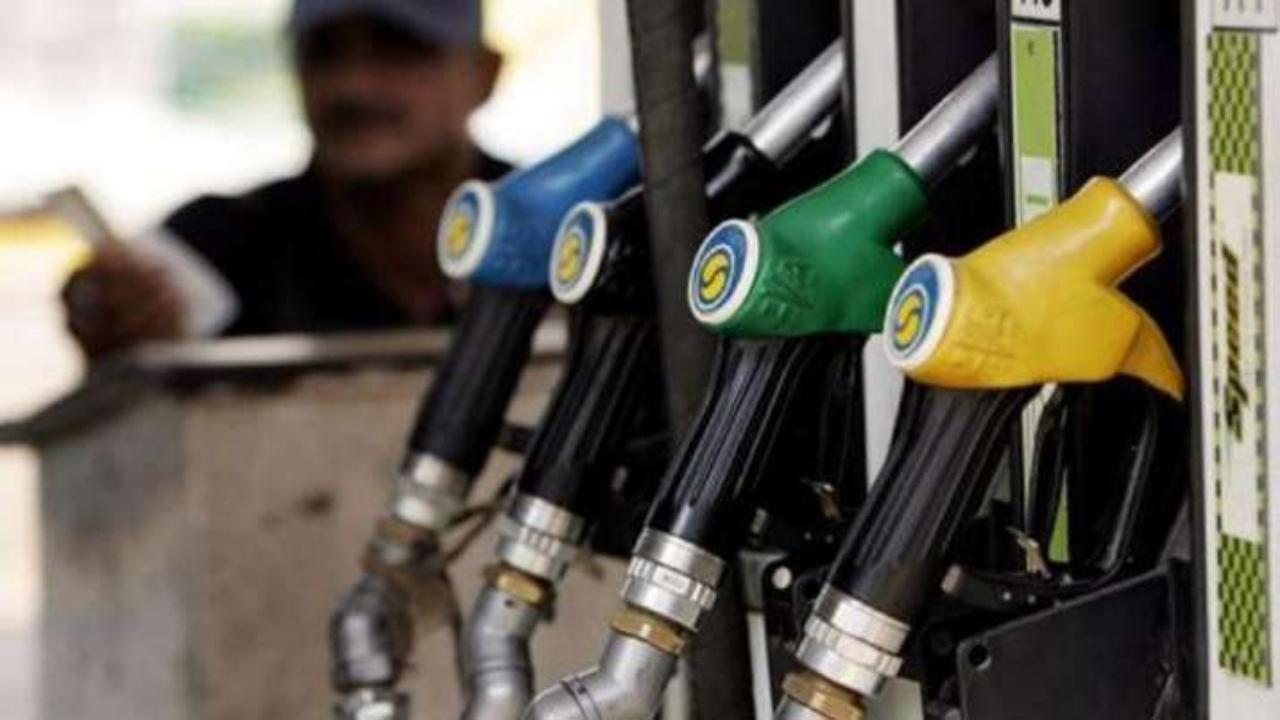Home / News / India News / Article /
No fuel price hike amid rising crude oil costs as elections loom: Moody's
Updated On: 08 October, 2023 12:54 PM IST | Mumbai | mid-day online correspondent
Moody's Investors Service has forecasted that petrol and diesel prices in India are unlikely to see an increase despite the surge in raw material costs. This decision is attributed to the upcoming general elections scheduled for next year

File Photo/PTI
Moody's Investors Service has forecasted that petrol and diesel prices in India are unlikely to see an increase despite the surge in raw material costs. This decision is attributed to the upcoming general elections scheduled for next year.
Indian Oil Corporation (IOC), Bharat Petroleum Corporation Ltd (BPCL), and Hindustan Petroleum Corporation Ltd (HPCL), three state-owned fuel retailers controlling roughly 90 percent of the market, have maintained petrol and diesel prices at a standstill for an unprecedented 18 consecutive months. This freeze has persisted even as the cost of crude oil increased significantly last year, resulting in substantial losses in the first half of the 2022-23 fiscal year before a decline in oil prices restored profitability.



